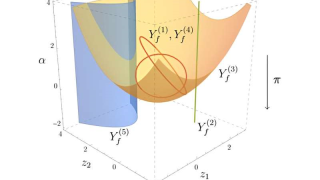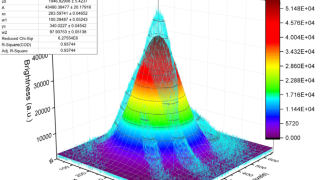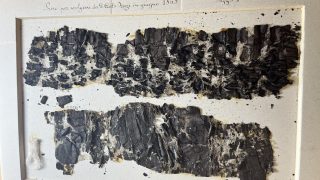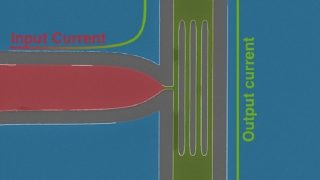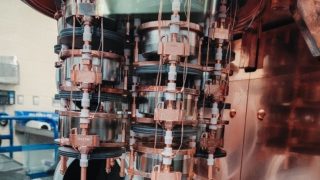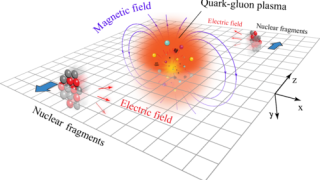
Anatomy of a wave: the Olympic surf break at Tahiti
Author: Tom Shand, Honorary Senior Lecturer, Department of Civil and Environmental Engineering, University of Auckland, Waipapa Taumata Rau As the Olympics get going in earnest this week, not everyone’s attention is focused on host city Paris. Surf fans are heading to Tahiti, half a world away in French Polynesia. Why? Well, apart from the French […]
